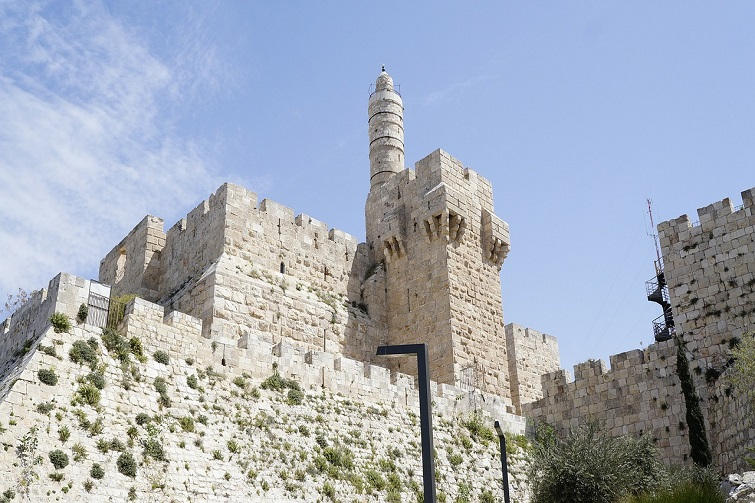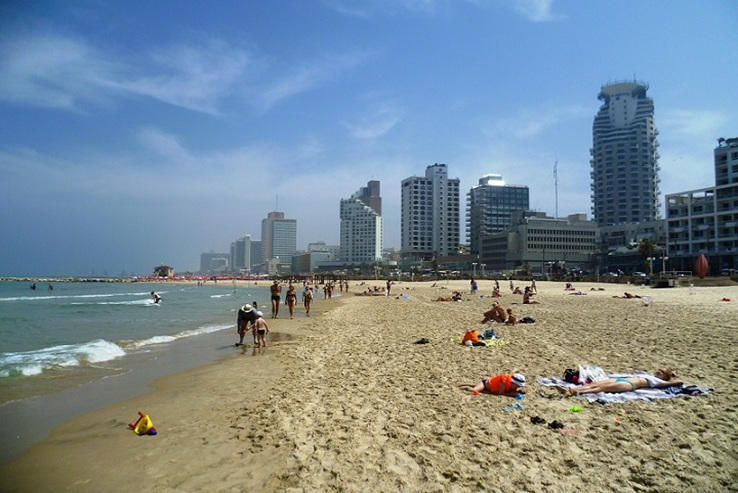Is It Safe to Travel to Israel?
The Latest Events Affecting Travel to Israel – A Local’s Perspective
Revised and Updated – July 2025
As summer 2025 approaches, many travelers reach out to me with the same question: Is it safe to travel to Israel? With the recent headlines from the Middle East, it’s completely natural to feel uncertain. However, the reality on the ground has shifted significantly — and in a positive direction. As a local, I can confidently say that Israel today is stable, welcoming, and safe for tourists. Several of the major threats that once raised global concern have been decisively addressed, and daily life has returned to normal in cities, resorts, and historic sites across the country.
Let’s take a closer look at why you can plan your trip to the Holy Land this summer with confidence and peace of mind.
Table of Contents
A New Era of Security: Threats Decisively Addressed
In recent months, Israel has carried out extensive and highly effective military operations, fundamentally reshaping the regional security landscape. These actions have significantly reduced both the capacity and the motivation of hostile groups to pose a widespread threat.
Hamas Defeated in Gaza
- Following the devastating October 7, 2023 attack, Israel launched a comprehensive and sustained military offensive against Hamas. The campaign — culminating in “Operation Gideon’s Chariots” in May 2025 — has resulted in the elimination of Hamas’s senior leadership and the systematic dismantling of its military infrastructure. In total, five Hamas brigades in Gaza have been annihilated, rendering the group a shadow of its former self and unable to mount significant attacks.
- Today, the Israel Defense Forces (IDF) have established firm control over key areas of the Gaza Strip. While localized operations continue, these are part of a broader, largely successful effort to neutralize the threat. Hamas’s ability to launch rockets or carry out cross-border operations has been drastically reduced, helping restore a sense of security and stability in the region.
Hezbollah Severely Weakened
- In the north, Hezbollah has suffered a profound blow to its leadership and military capabilities. Israeli operations in late 2024 resulted in the elimination of its leaders and senior commanders — a pivotal moment that disrupted the group’s chain of command and strategic planning. These strikes were followed by a ceasefire agreement in November 2024, brokered by the United States and France, which has since brought relative calm to Israel’s northern border.
- Further targeted operations in early 2025 have continued to degrade Hezbollah’s missile and rocket infrastructure, significantly reducing its capacity to threaten Israeli cities. While the IDF maintains a proactive defense posture within a four-kilometer buffer zone along the Lebanese border, the widespread threat of coordinated, large-scale missile attacks from Hezbollah has been dramatically diminished.

Iran’s Capacity Neutralized
- In June 2025, Israel launched bold and precise strikes targeting Iran’s nuclear facilities, critical military infrastructure, and high-ranking commanders of its military forces. These operations have crippled Iran’s ability to produce ballistic missiles and severely weakened its regional proxy network, which supports groups like Hamas, Hezbollah, and the Houthis in Yemen.
- Despite Iran’s missile barrages in retaliation, Israel’s advanced air defense systems intercepted the majority, resulting in minimal damage and casualties. Since the declaration of a ceasefire on June 24, 2025, tensions have eased considerably, and the likelihood of renewed large-scale hostilities has diminished. This decisive campaign has not only reduced Iran’s direct offensive capabilities but also curtailed its influence across the region, further enhancing Israel’s security and stability.
Collapse of Syria’s Dictatorship
- A historic development in December 2024 dramatically altered the security situation on Israel’s northeastern border: the long-standing Syrian regime of Bashar al-Assad collapsed, with Assad fleeing to Russia. This marked a new chapter for Syria after years of devastating civil war. The collapse of the Syrian dictatorship has greatly reduced Syria’s ability to pose any conventional military threat to Israel, as its armed forces are no longer a cohesive or unified force.
- In response, Israel has proactively secured its interests in southern Syria, maintaining a strong presence to prevent any instability from spilling across the border. This shift further minimizes any immediate threat from the Syrian front, contributing to the overall enhanced security environment for travelers planning visits to Israel in 2025.
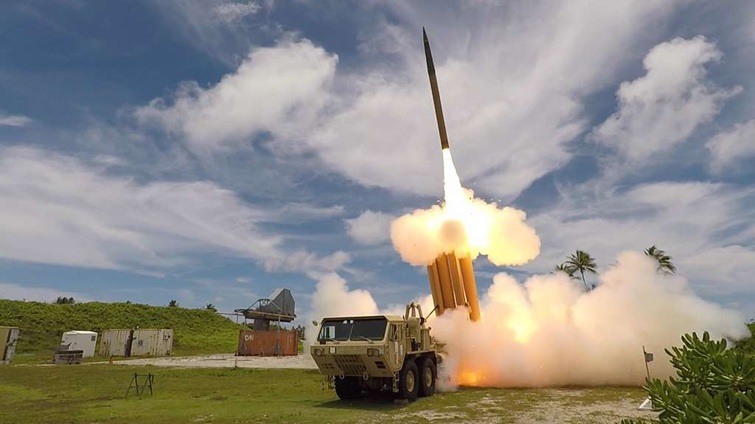
Everyday Resilience in Israel
- While these military operations have not been without incident — such as the June 2025 Iranian missile strike on Soroka Medical Center in Beersheba, which caused injuries, and minor damage to civilian areas from shrapnel — these events were isolated and swiftly addressed. Israel’s advanced multilayered air defense systems, including Iron Dome, David’s Sling, and Arrow, intercepted the vast majority of incoming threats, ensuring minimal disruption. The overall impact on daily life and tourism infrastructure has been negligible, and Israel’s security apparatus remains vigilant to prevent future incidents.
- The overwhelming reality in Israel today is one of a nation that has effectively managed external threats while continuing to operate with remarkable resilience and vitality. Beyond its military strength, Israel’s spirit shines through in everyday life. Markets in Jerusalem and Tel Aviv are buzzing, cafés are filled with visitors, and iconic cultural and historical sites like the Western Wall, Masada, and the Dead Sea remain open, welcoming, and active. Daily life moves forward with a powerful sense of normalcy, optimism, and commitment to the future. If you’re considering a visit, know this: Israel is not a country frozen by conflict — it’s a land of dynamic culture, rich history, and resilient people — well worth the journey.
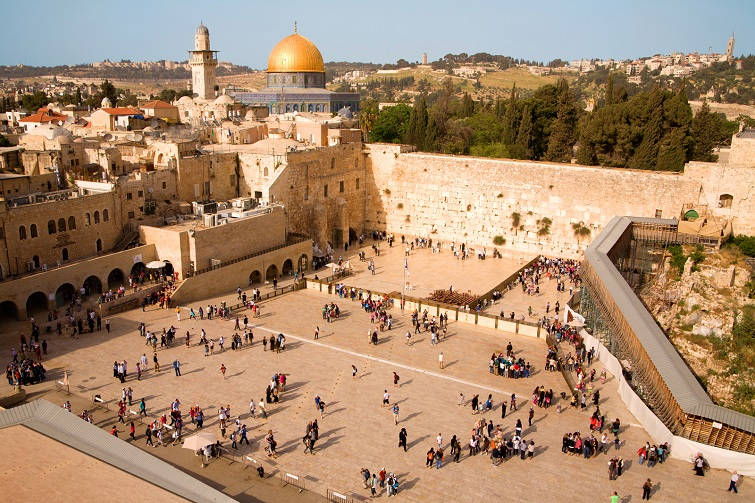
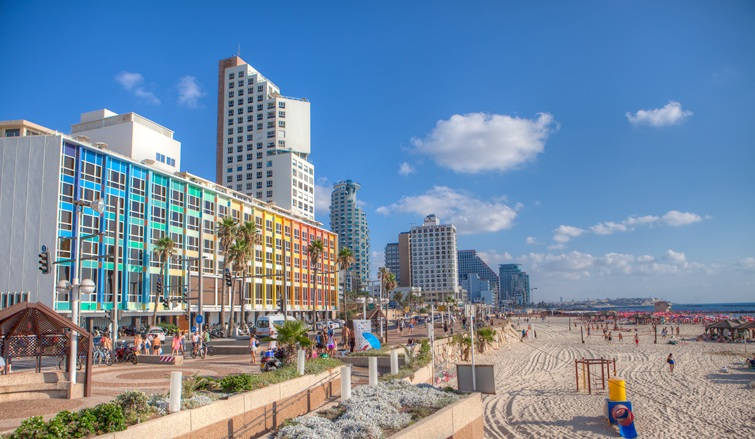
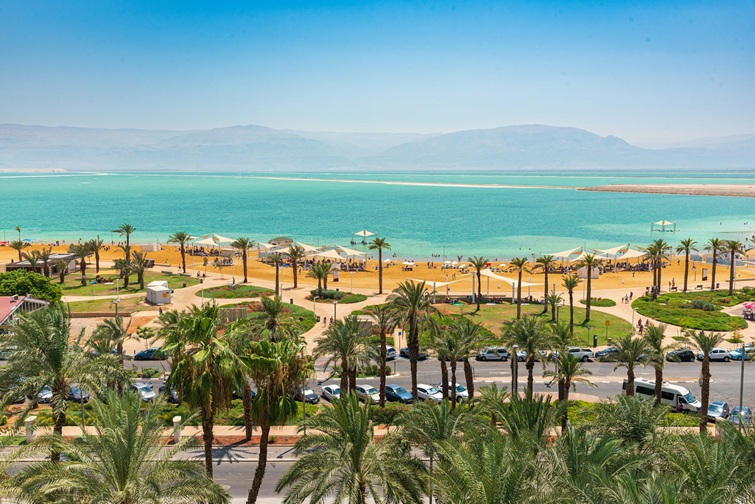
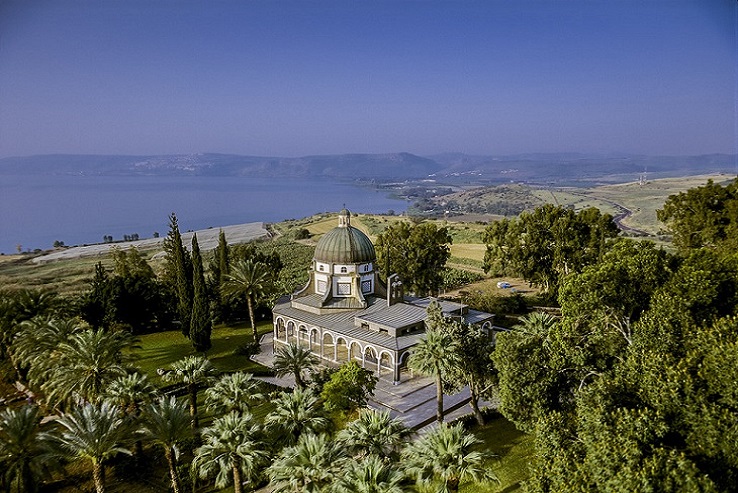
Travel Advisories and Practical Advice
While some international travel advisories for Israel (including the West Bank and Gaza) may still broadly suggest caution due to past conflicts, it’s crucial to interpret these in the context of the current, significantly stabilized situation, especially concerning major tourist areas.
If you’re planning a trip or considering traveling to Israel, here are a few things to keep in mind in order to ensure your journey is safe and enjoyable:
- Stay Informed: Monitor official local media and the security alerts from your embassy in Israel (e.g., U.S. Embassy Jerusalem) for the most current information.
- Situational Awareness: Maintain a high degree of situational awareness, as you would in any major city worldwide.
- Follow Local Instructions: Always heed instructions from local authorities, particularly regarding security personnel and public gatherings.
- Areas to Avoid: Continue to avoid travel to Gaza, the West Bank (unless specifically part of an organized and vetted tour with strict security protocols), and the immediate northern border areas due to ongoing military presence and activity. Focus on popular tourist areas like Tel Aviv, Jerusalem, and Eilat, which are far from any former conflict zones.
- Air Travel: Ben Gurion Airport is fully operational, and flight restrictions have been lifted. Check with your airline for any specific route changes or cancellations, though major disruptions due to recent regional tensions have largely subsided.
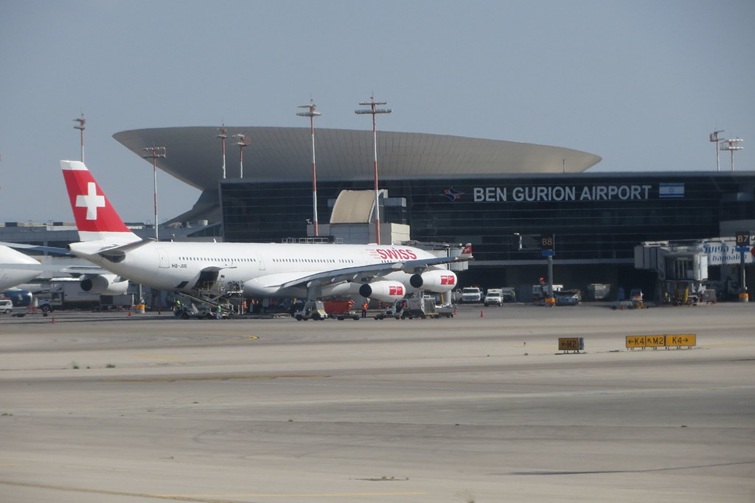
Final Thoughts
Yes, Israel is Safe — And Now Is a Great Time to Visit
Israel has faced serious challenges, but the threats that may have once kept some visitors away no longer loom the way they once did. Thanks to decisive victories over Hamas, Hezbollah, and Iran, along with the strength of Israel’s security systems, the country is now secure, stable, and thriving. Fueled by the vibrant spirit of its people, Israel is not just a safe destination, but also a deeply inspiring one. Whether you’re drawn by the history, the beaches, the food, or the spiritual experience, you’ll find Israel rewarding — and just as safe as any destination in Europe.
Come see it for yourself – the hummus is fresh, the beaches are sunny, and the people are ready to welcome you.
Related Posts
More Guides From My Travel Blog with Tips for Upgrading Your Trip in Israel



